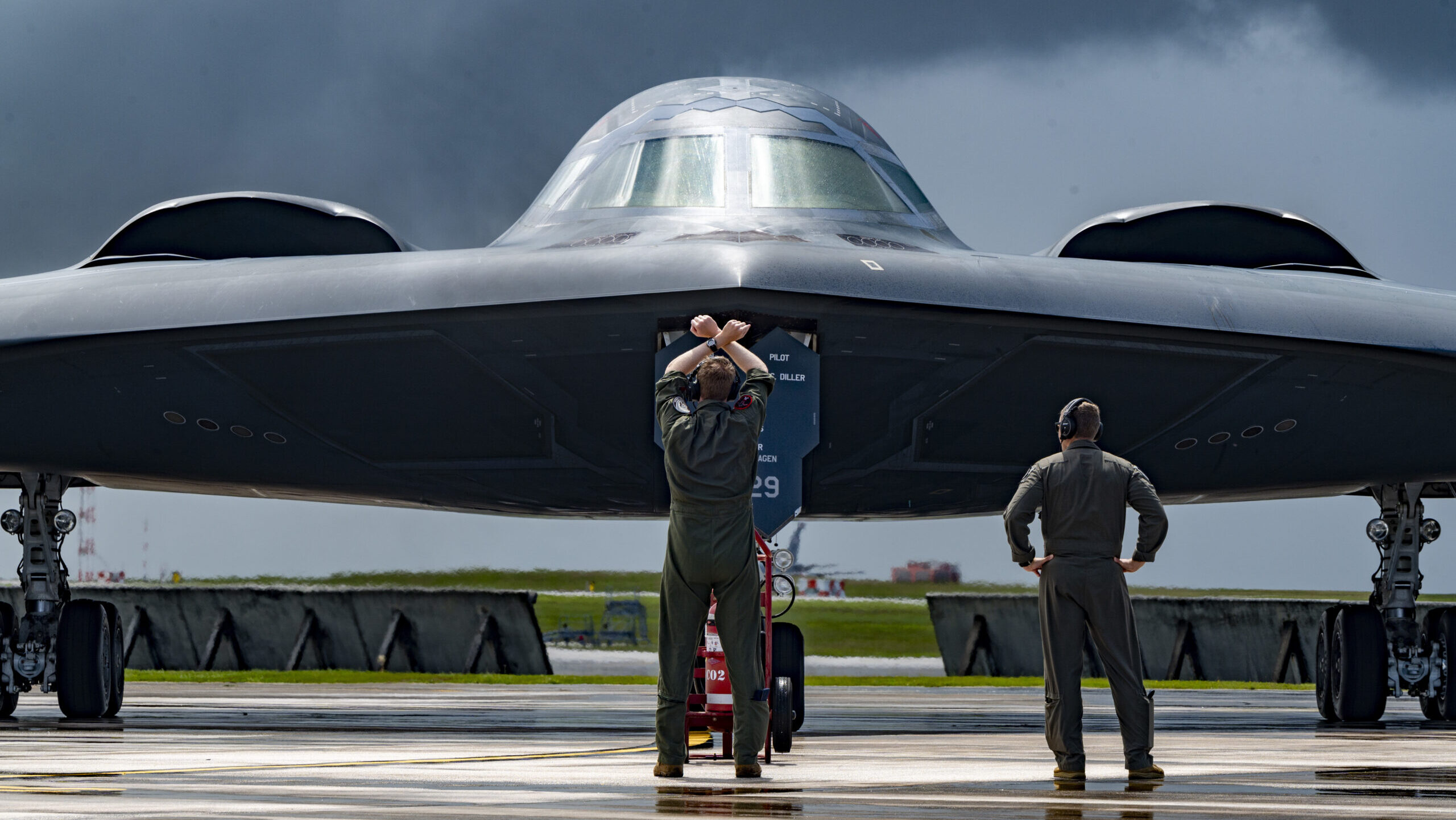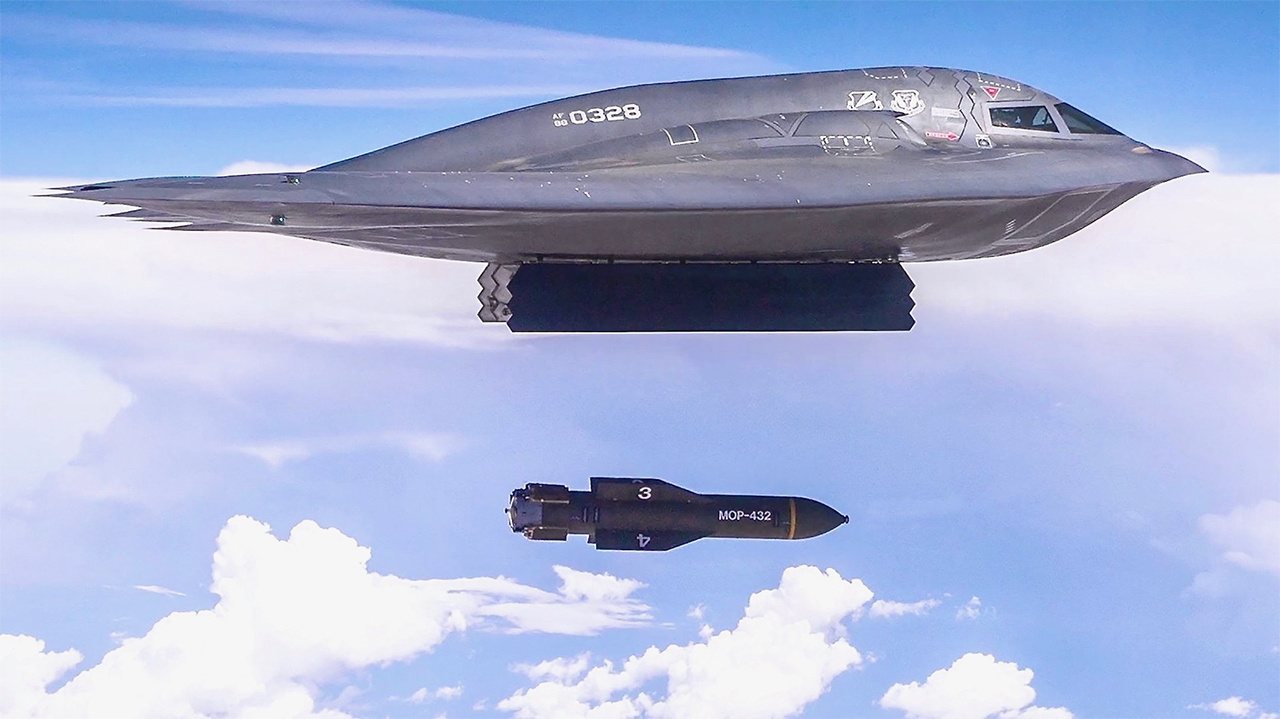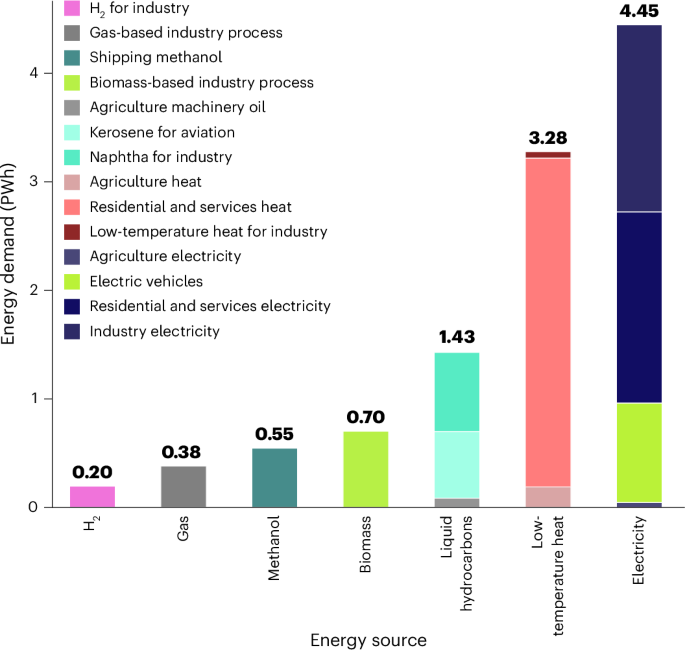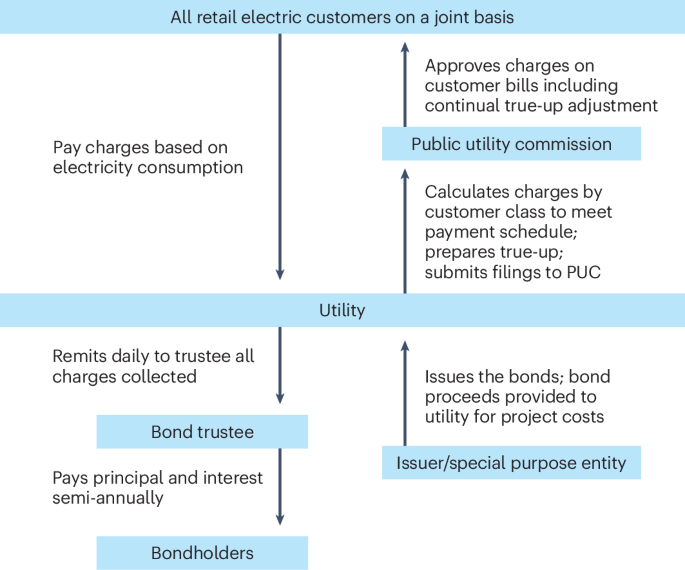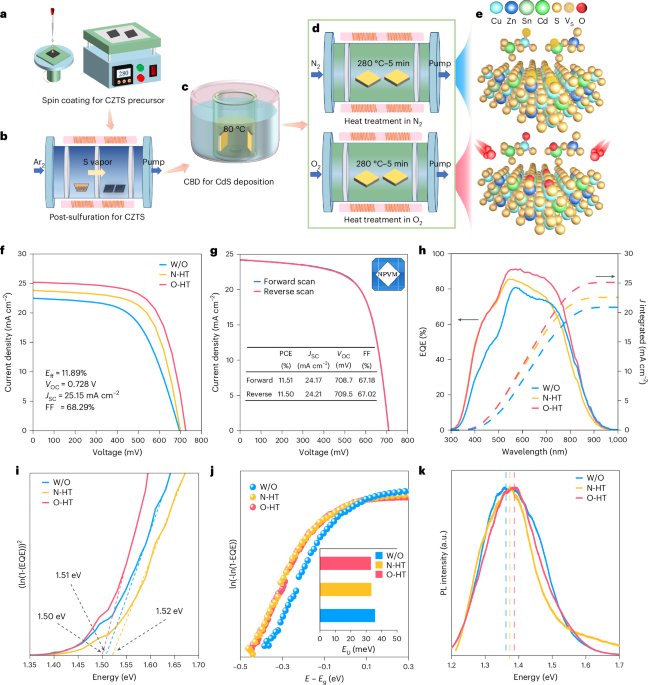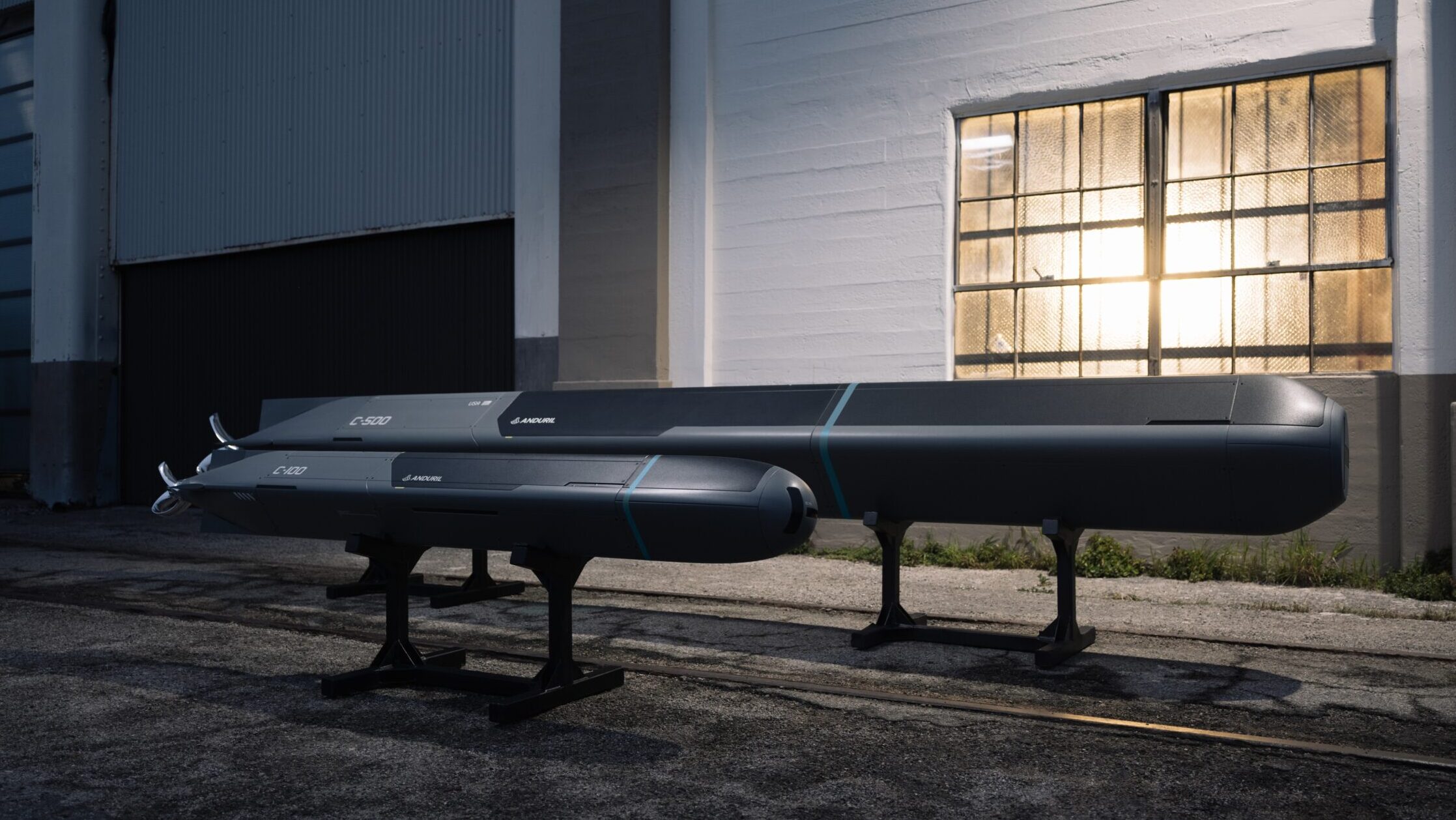Zeitenwende reloaded: Cash is good, but can Germany reform its procurement processes?
Philipp Rombach lays out steps the new German government should take in order to better support the Bundeswehr.
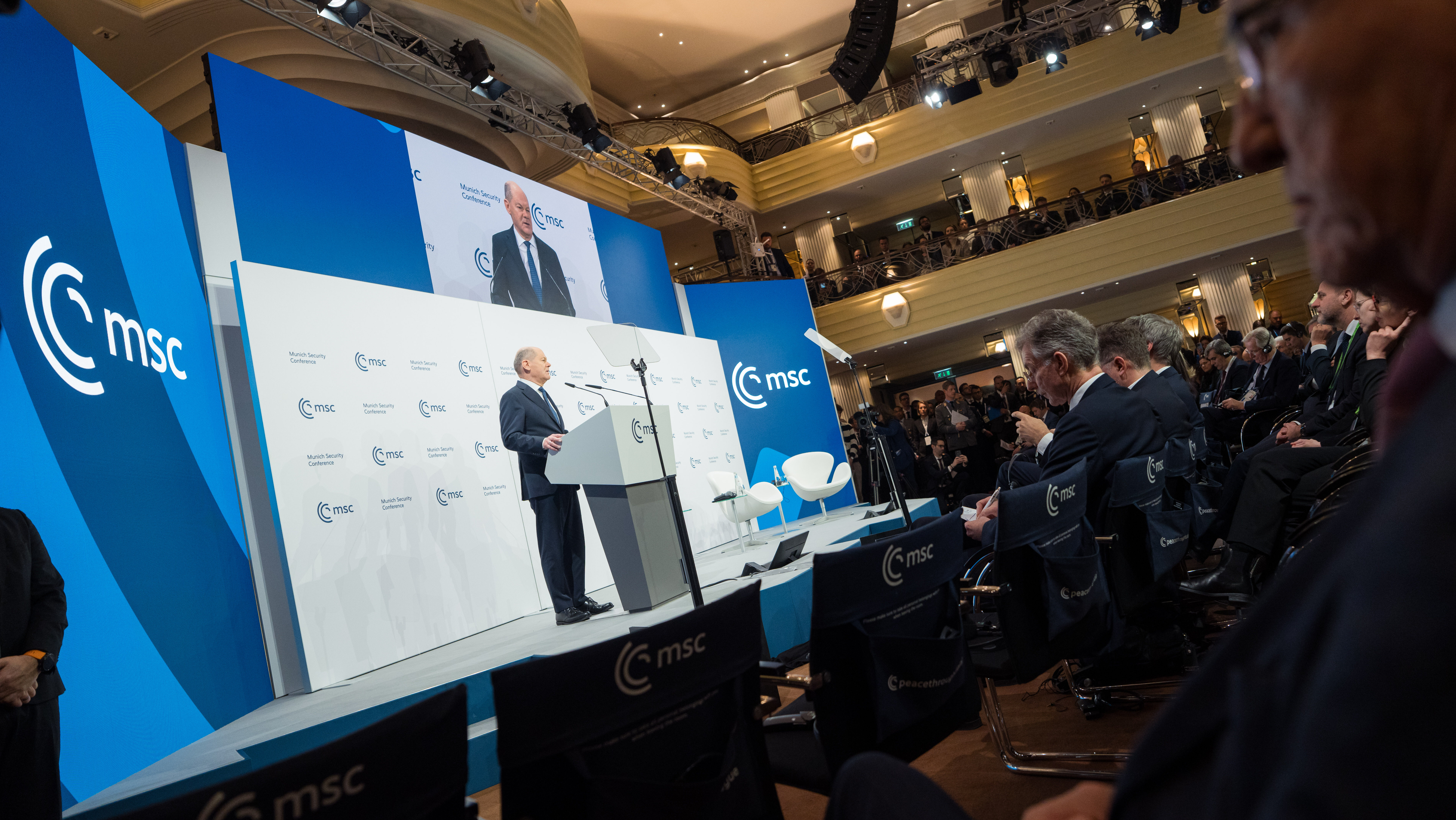

German Chancellor Olaf Scholz addresses delegates at the Munich Security Conference
Photo: MSC/Tobias Koehler
In the wake of Germany’s national elections, center-right and center-left parties have come together to broadly exempt defense spending from Germany’s “debt brake.” The debt brake was enshrined into the constitution after the 2008 Financial Crisis and restricted borrowing to a budget deficit of 0.35 percent of GDP.
It’s a much-needed change. After Russia invaded Ukraine, German Army Chief, Lt. Gen. Alfons Mais, bleakly admitted that the Bundeswehr “more or less stands bare.” And a modern and “war-capable” Bundeswehr will require defense expenditures to rise far beyond NATO’s 2 percent target and closer to 3.5 to 4.5 percent of GDP. Economists estimate that Germany could accumulate up to €1.9 trillion in additional debt over the next decade without harming economic growth. Thus, it would be possible to responsibly raise the fiscal burden — the debt as percentage of GDP — from 63 percent to up to 86 percent. (For comparison, the debt level of France is 115 percent and 125 percent in the United States).
Yet, more money, as welcome as it is, cannot solve all that ills Germany’s military. A 2023 report by the Ministry of Economic Affairs and Climate Action (BMWK) criticized excessive parliamentary involvement in procurement decisions, regulatory hurdles that enable pork barrel politics and European protectionism, and overly restrictive limits on innovation funding at many public universities and national institutes.
With spending constraints eased and public support high for greater defense spending, the incoming coalition government has agreed on reforming the Defense Ministry’s slow and cumbersome procurement process within the next six months to ensure that financial resources are spent effectively and efficiently.
The BMWK report identified four broad areas for reform, which serve as a jumping off point to illustrate how the new government can streamline Germany’s defense procurement rules.
First, current procurement laws require members of the Bundestag’s budget committee to approve procurements exceeding €25mn, thus exerting significant leverage over the MoD. Initially designed to ensure legislative oversight, this “parliamentary loop” often leads to micromanagement of and blending with the executive (even though the budget of the executive, which operates independently, is approved by parliament). This unorthodox rule can lead to renegotiations of already agreed upon procurement contracts and often makes defense projects less transparent, more expensive, and more susceptible to lobbying. The new Bundestag could address this inefficiency by amending the Bundeswehr Financing and Special Funds Law (BwFinSVermG) to drop the respective paragraph §5 III.
Second, defense procurement is often delayed by lengthy appeals processes. These processes incentivize defense manufacturers to threaten entering into years-long appeals with the aim of forming a consortium with the winning bidder. Such procurement appeals cause substantial delays in fielding capabilities and add to ballooning project costs. The easiest solution would be the shortening of the appeals process timeframe through legislative reforms. Yet some have also suggested the Federal Cartel Office play a more active role in providing legal protection in contract bidding to avoid the need for appeals in the first place.
Third, procurement is complicated by special clauses that strongly emphasize the Mittelstand, Germany’s famed small and medium-sized enterprises, and unduly preference European projects as an end in themselves. However, the core emphasis should not be on awarding defense contracts to Mittelstand companies or joint European consortiums when the primary objective must be the bolstering of territorial and alliance defense. Instead, the BMWK suggests a legislative reform that would include a monetary bonus in the procurement process which could vary based on the MoD’s discretion and preference for building respective domestic or European manufacturing capacities as opposed to the purchase of readily available domestic and international off-the-shelf products.
A capabilities-focused approach, leveraging international off-the-shelf products, does not have to run counter to the domestic and European defense sector, as American defense footprints in Europe are often offset by creating local jobs and economic value through maintenance, sustainment, and co-production requirements. Contrary to the fear of fiscal leakage (that is, domestic spending supporting defense companies abroad), such international projects also lead to technology transfers, as local start-ups and defense contractors such as Rheinmetall upscale their technologies for compatibility and applicability on larger off-the-shelf platforms such as the F-35. Adopting a capabilities- and mission-focused approach cannot only be achieved by reforming the special rule on European cooperation in the 2022 Bundeswehr Procurement Acceleration Act, but ultimately also demands a shift in mindset and strategic culture.
Lastly, the national project of a Zeitenwende cannot be complete without a reset in the approach towards national innovation policy. The issues with national innovation policy are exemplified by many public universities and research institutes that have adopted civil clauses, committing them to conduct research that is solely civilian and non-military in nature — with a particular disdain towards weapon systems. Such research constraints present practical challenges in the digital age where many technologies exhibit dual-use characteristics and applications. These guidelines hamper German innovation when contrasted with the Anglo-American understanding of military research, where bigger budgets are available in the military context and lead to spillover effects in civil and private innovation.
To this end, the German government should provide long-term resources (financial and otherwise) to support defense innovation accelerators such as the Palladion Defense Accelerator at Bundeswehr University Munich. Palladion is part of NATO’s DIANA network and geared towards developing emerging disruptive technologies in the defense sector. Such innovation accelerators require sustainable long-term funding and institutional commitment to connect academia, private sector, and defense specialists.
With funding for the Armed Forces secured, Germany is well positioned to overhaul national and allied territorial defense. Yet only if the incoming government starts introducing agility and mission-focus into the nation’s cumbersome procurement process can Germany become truly “war-capable” and prepare for a Russia that may be ready for a homeland attack within five to eight years.
Philipp G. Rombach is Research Associate at the Center for Global Security Research at Lawrence Livermore National Laboratory. He obtained degrees in security studies and electrical engineering from The Fletcher School of Law and Diplomacy, Technical University of Munich, and Ludwig-Maximilians-University Munich.
The views and opinions expressed here are those of the author and do not necessarily represent the opinions of Lawrence Livermore National Laboratory, Lawrence Livermore National Security LLC, the US Energy Department, the National Nuclear Security Administration, or the United States government, and shall not be used for advertising or product endorsement purposes. The LLNL document release number is LLNL-MI-2003828.




















































































